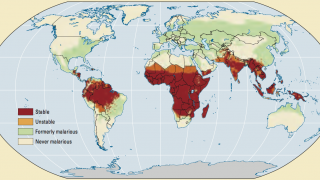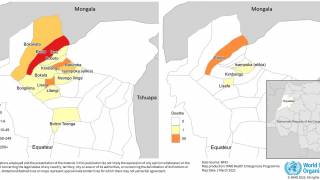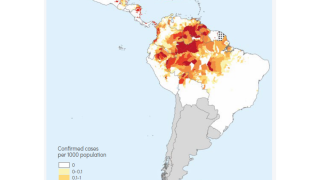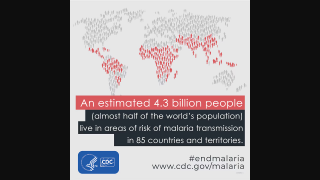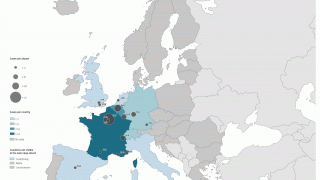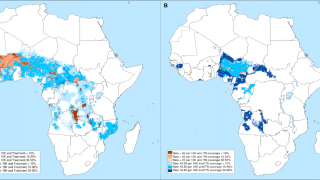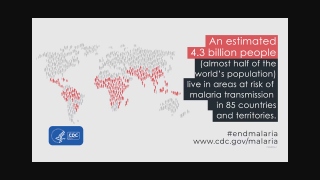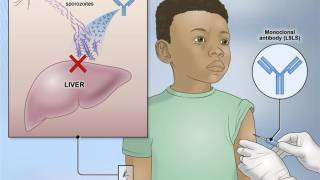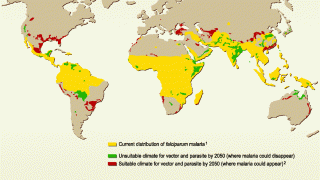Malaria Returns to Belize
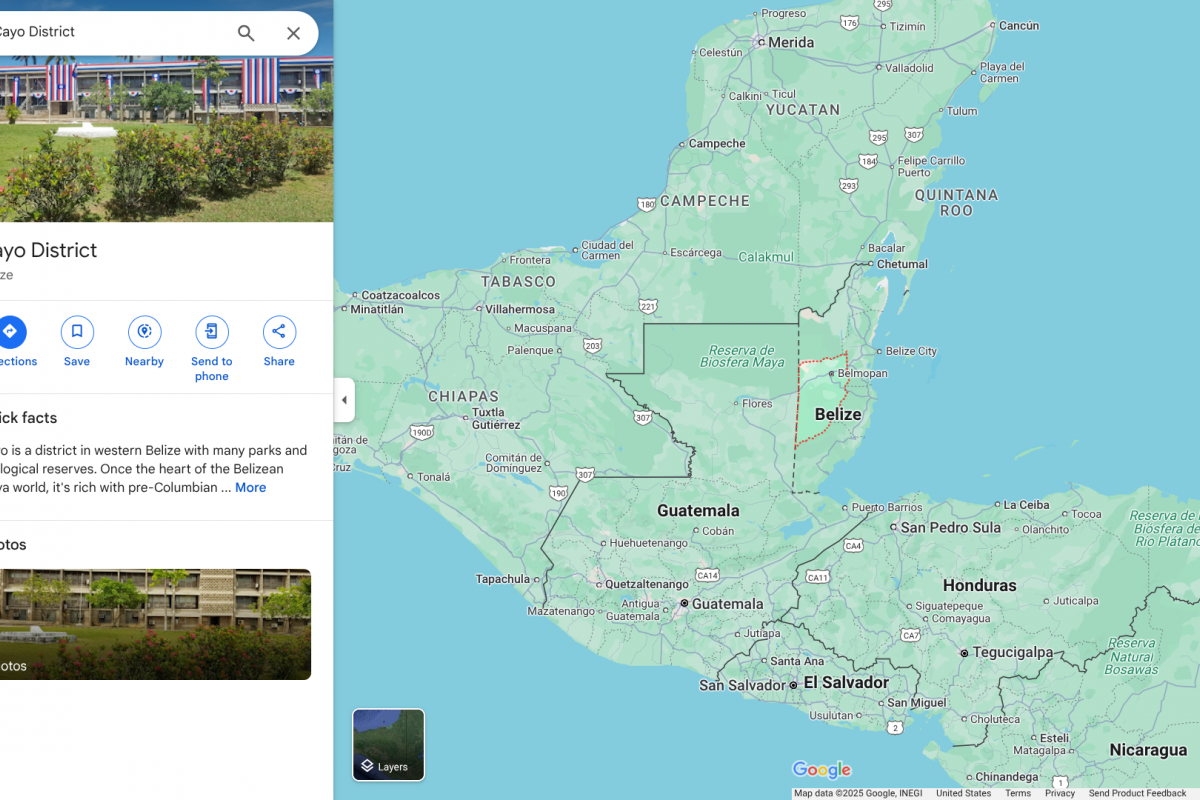
Belize, a Central American country, recently reported cases of locally transmitted malaria in Santa Elena Town and Cristo Rey Village, both located in the Cayo District in the western area.
As of April 15, 2025, according to a Facebook post, these are the first instances of locally acquired malaria confirmed by Belize's Ministry of Health and Wellness in over six years.
In 2023, Belize joined El Salvador to become the second country in Central America to be certified by the World Health Organization (WHO) as malaria-free.
To achieve this public health milestone, beginning in 2015, Belize's national malaria program and the Vector Ecology Center reoriented their malaria program to place a greater focus on enhanced surveillance among high-risk populations. This enabled the strategic targeting of interventions and available resources in priority areas to reduce the incidence of this mosquito-transmitted disease.
Eighteen countries, including one territory in the Region of the Americas, are currently at risk of malaria. In the Americas, over 500,000 cases of malaria and around 116 deaths were reported in 2023.
While the WHO has certified two malaria vaccines for use in Africa, neither is available in Belize or the United States.
In addition to malaria, there has been evidence of chikungunya virus transmission in Belize within the last 5 years. According to the U.S. CDC, chikungunya vaccination may be considered for specific travelers in 2025. Chikungunya vaccines are commercially available at travel clinics and pharmacies in April 2025.
Our Trust Standards: Medical Advisory Committee
